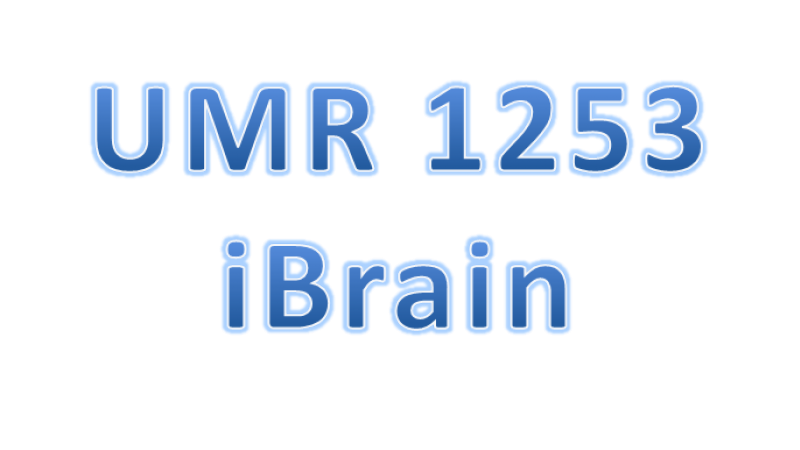Des nouvelles du Dr Taryn Ariadna CASTRO-CUESTA - Aide à la mobilité 2018
Le Docteur Taryn Ariadna CASTRO-CUESTA, de l’Université de Bahia (Brésil), a bénéficié d’une aide à la mobilité en 2018. Ceci lui a permis de rejoindre l’équipe iBrain (Inserm U1253, équipe 3) à l’Université de Tours. Durant 5 semaines, elle s’est perfectionnée à divers techniques d’imagerie (ex : tractographie par tenseur de diffusion) et a poursuivi ses recherches sur la caractérisation de la connectivité limbique chez l’homme.
Ces travaux portaient notamment sur les faisceaux de fibres responsables dans l’interconnexion de certaines zones cérébrales qui sont impliquées dans le fonctionnement de la mémoire, des émotions et de nombreuses autres fonctions cérébrales. Elle a également pu participer au symposium international “Frontiers in Connectivity” qui s’est tenu à Tours les 5 et 6 décembre 2018.
Ce séjour à Tours s’est effectué dans le cadre d’une collaboration entre l’Université de Tours et l’Université de Bahia (Brésil).
Depuis ce séjour les équipes Françaises et Brésiliennes ont travaillé ensemble sur la rédaction de 3 articles scientifiques, dont un a été publié : Maldonado Il, Parente De Matos V, Castro Cuesta TA, et al (2020) The human cingulum: From the limbic tract to the connectionist paradigm. Neuropsychologia 144:107487. Doi: 10.1016/j.neuropsychologia.2020.107487.
Voici le message que le Dr Castro-Cueva nous a envoyé en décembre.
It is a pleasure for me to give you feedback about my work. I benefited from the “aide à la mobilité” from Planiol Foundation in 2018. This grant helped me to travel from Brazil to France to improve my knowledge of techniques that were important for my Ph.D. thesis at that time. I was studying the fiber bundles responsible for interconnections in some brain areas that are believed to be involved in memory, emotions, and a number of higher functions.
I am particularly interested in bundles of the limbic system, such as the cingulum. The cingulum is a white matter fasciculus in the brain that is involved in much more than emotion, as it was used to be affirmed in the past. We can investigate it from different perspectives: we can use morphological methods, but we can also combine them with psychometric tests in volunteers. Under the supervision of the staff, Prof. Maldonado, Dr. Andersson, and Prof. Destrieux, I received training in magnetic resonance-based tractography and fiber dissection, which are methods for the study of the cerebral white matter.
My activities took place in iBrain, which is the Inserm 1253 research unit in Tours. For white matter tract dissection, the specimens came from the body donation program of the University of Tours School of Medicine, and I participated in all stages, from reception to the final quality control. The training in both tractography and fiber dissection increased my understanding of how the white matter pathways are spatially organized in the Brain, and how we can investigate them. It will be useful for my present and future research.
I was also happy to participate in a scientific event that was organized by the team during my stay. The “Frontiers in Connectivity” was an international meeting with conferences and hands-on workshops. It was held in Tours from December 05 to 07, 2018.
Up to now, we already worked together on three papers. One is already published, one is under review and the third one is in its final stages. I can say that a permanent link was created between my institution, the Federal University of Bahia, and the iBrain team. I’m very thankful to Planiol Foundation for the support.
Pour en savoir plus
Nous remercions le Docteur Taryn Ariadna CASTRO-CUESTA (Aide à la Mobilité 2018) de nous avoir donné des nouvelles et nous lui souhaitons tous nos vœux de réussite dans sa carrière professionnelle.


